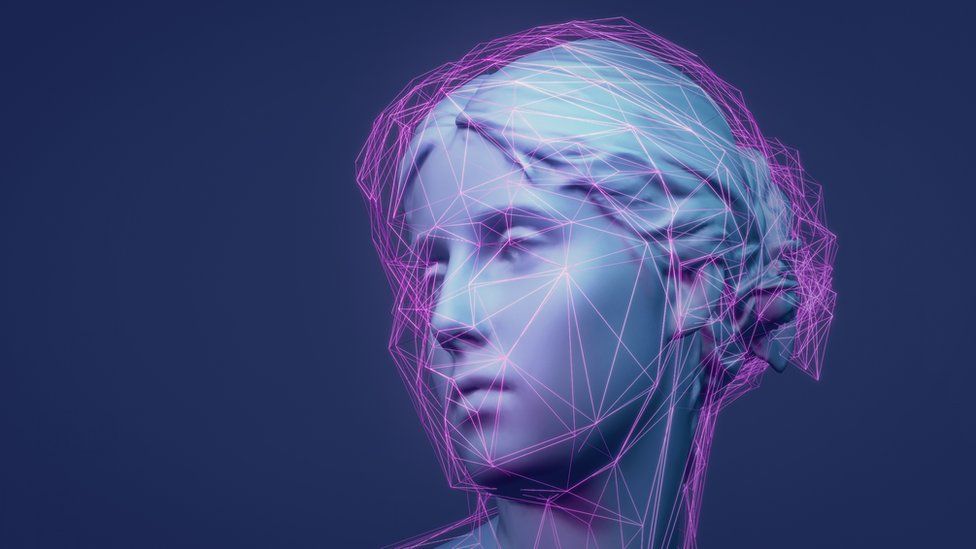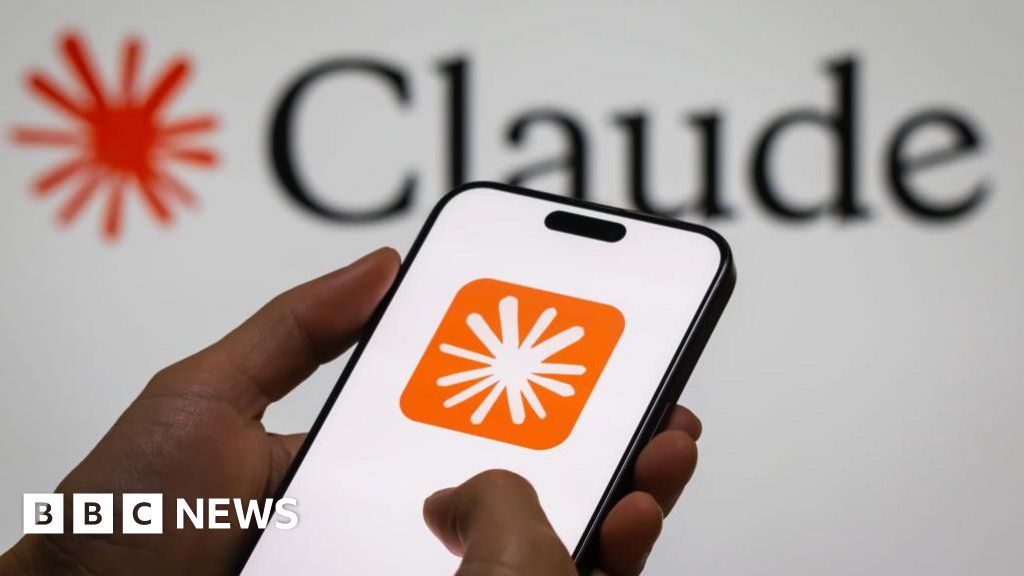ARTICLE AD BOX
 Image source, Getty Images
Image source, Getty Images
By Shiona McCallum
Technology reporter
Hollywood actors are striking for the first time in 43 years, bringing the American movie and television business to a halt, partly over fears about the impact of artificial intelligence (AI).
The strike comes after US actors' union the Screen Actors Guild failed to reach an agreement on increased safeguarding around AI rights.
The union warned that "artificial intelligence poses an existential threat to creative professions".
So what is it about a tech-dominated future that raises so much concern?
There have already been examples of voiceover artists being replaced by AI generated work and the tech is already being used in films - for example, in synthesised voices and in visual effects such as deepfakes and de-ageing.
Liam Budd, industrial official of audio and new media at acting union Equity, said he was most concerned about "performance cloning" where AI is used to create a performance with an actor's image or voice.
"We're seeing this technology used in a range of things like automated audiobooks, synthesised voiceover work, digital avatars for corporate videos, or also the role of deepfakes that are being used in films," he said.
Mr Budd said that there was "fear circulating" amongst the Equity members and the union was trying to educate them on understanding their rights in this fast-evolving world.
Film-maker and writer Justine Bateman, speaking to the BBC's Tech Life earlier this year, said that she did not think the entertainment industry needed AI at all.
"Tech should solve a problem and there's no problem that those using AI solves. We don't have a lack of writers, we don't have a lack of actors, we don't have a lack of film-makers - so we don't need AI," she said.
"The problem it solves is for the corporations that feel they don't have wide enough profit margins - because if you can eliminate the overhead of having to pay everyone you can appease Wall Street and have greater earnings reports.
"If AI use proliferates, the entertainment industry it will crater the entire structure of this business."
Perhaps it is only a question of time before ChatGPT or Bard can conjure up an innovative movie script or turn an idea into a blockbuster screenplay.
Some say AI will always lack the humanity that makes a film script great, but there are legitimate concerns that it will put writers out of a job.
The Writers' Guild of Great Britain (WGGB) - a trade union representing writers for TV, film, theatre, books and video games in the UK - has several concerns, including:
- AI developers are using writers' work without their permission and infringing writers' copyright
- AI tools do not properly identify where AI has been used to create content
- Increased AI use will lead to fewer job opportunities for writers
- The use of AI will suppress writers' pay
- AI will dilute the contributions made by the creative industry to the UK economy and national identity.
The WGGB has made a number or recommendations to help protect writers, including AI developers only using writers' work if they have been given express permission and AI developers being transparent about what data is being used to train their tools.
WGGB deputy general secretary Lesley Gannon said, "As with any new technology we need to weigh the risks against the benefits and ensure that the speed of development does not outpace or derail the protections that writers and the wider creative workforce rely upon to make a living.
"Regulation is clearly needed to safeguard workers' rights, and protect audiences from fraud and misinformation."
Image source, Getty Images
The rapid development of AI over the past year has led to the concept of ownership becoming convoluted.
When someone inputs their likeness into an AI-generated portrait app such as DrawAnyone, DALL-E or even Snapchat - the resultant images are now in the public domain and free to use by anyone.
The new image is not protected by copyright law.
Dr Mathilde Pavis, a lawyer who specialises in digital cloning technologies, told the BBC that UK copyright laws need to change.
"It's strange to me that your face and your voice is less protected than your car, your laptop, your phone, your house or your books - but that's the state of the law today.
"And that's because we didn't think that we'd be so vulnerable, as vulnerable as we are in terms of being reused and imitated with AI technologies," she said.
Additional reporting by Tom Gerken and Tom Singleton.

 1 year ago
102
1 year ago
102








 English (US) ·
English (US) ·